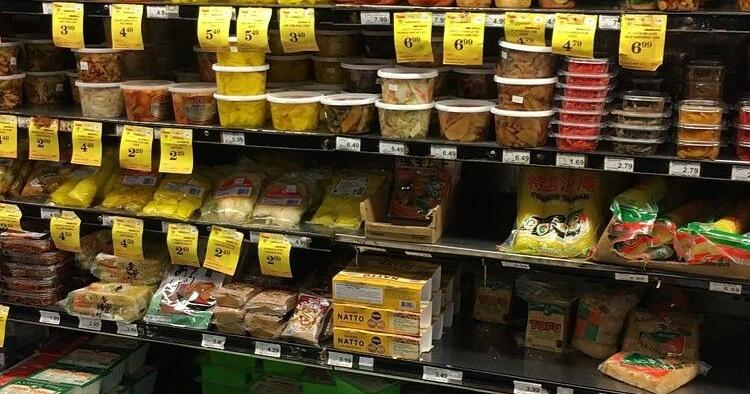The federal government will reduce Supplemental Nutrition Assistance Program (SNAP) benefits in Hawaii starting Oct. 1, impacting more than 165,000 residents. This marks the third consecutive year of SNAP benefit reductions in Hawaii. Benefits will decrease by approximately $11 monthly for a single person and $34 for a family of four.
HONOLULU (Island News) — Tens of thousands of people in Hawaii are getting ready for another round of cuts to the federal Supplemental Nutrition Assistance Program (SNAP).
It’s already a struggle for Charlene Donaldson to feed her family of seven even with government food stamps.
“The cost of everything is going up for groceries and things,” Donaldson said. “It does affect us because by the end of the month, we’re down to just using cash for our things because we run out of food stamps.”
Now her budget will be even tighter.
For the third year in a row, the federal government is cutting SNAP benefits for Hawaii, affecting more than 165,000 residents.
“It’s expensive,” Donaldson said. “Now the prices are going up and to cut anything it’s hard.”
As of Oct. 1, benefits will drop by about $11 a month for a single person and $34 for a family of four. Since 2023, that same family has seen food stamps decrease by about $100 a month and more cuts are expected through 2028.
According to the state Department of Human Services (DHS), which administers SNAP, the feds previously miscalculated Hawaii’s benefits based on food costs and are decreasing the amount to correct the error.
“It makes a huge difference for people who are struggling to get by,” said Scott Morishige, DHS administrator of the Benefit, Employment and Support Services Division. “Although year to year it may seem small, as these reductions continue over time that adds up.”
DHS said it is lobbying the feds to increase benefits because of the state’s high cost of living. It’s also encouraging families to report all expenses that can help increase benefit calculations.
“If you’re paying out of pocket for childcare, for shelter expenses like rent or utility costs or if you’re a senior, age 60 or older, or someone with a disability who has out-of-pocket medical expenses,” Morishige said. “Report those things to the department to your eligibility worker, and we may be able to make adjustments to your benefit amount.”
The agency’s urging those in need to sign up for other programs for discounts on local produce, free and reduced-price school meals and summer grocery support for children.
Contact DHS or Aloha United Way’s 211 hotline to be connected to food resources.



Dining and Cooking